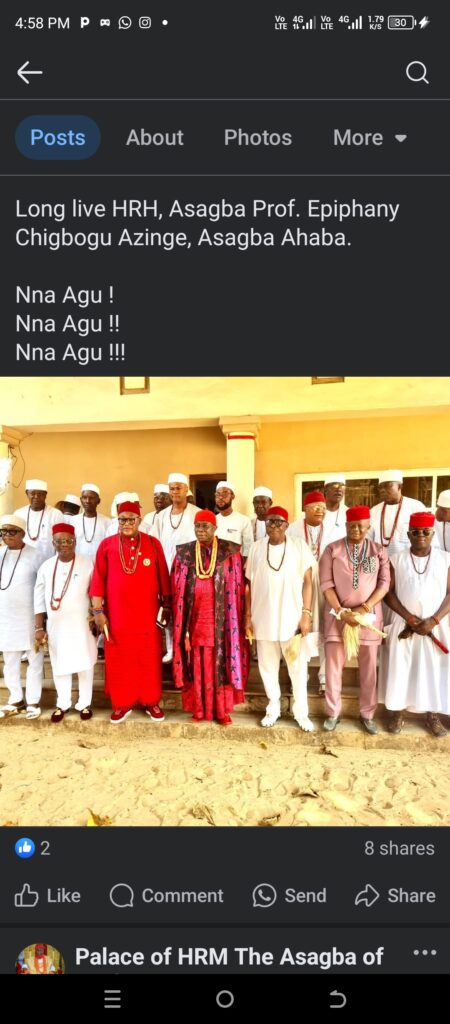Journalists in Nigeria have been urged to explore public health journalism as a vital tool for addressing interconnected challenges in human, animal, and environmental health, in line with the One Health approach.
Raphael Obasiohia, News Editor and Solutions/Development Journalist at Bridge Radio 98.7FM, has exemplified this call to action by graduating from the Media Epidemiology, Infodemic Management, and Social Behavior Change (Media-EIS) Fellowship Programme. His induction alongside other 27 fellows, as a public health journalists marks a significant milestone in his mission to amplify health narratives and foster community-driven solutions.
During the 15-month fellowship, Obasiohia authored impactful health-focused articles and fact-checks published on the DUBAWA platform. Notably: Investigating Misinformation During Cholera Outbreaks: Obasiohia’s fact-check titled “Are Tiger nut drinks responsible for Nigeria’s ongoing Cholera outbreak?” scrutinized claims linking tiger nut drinks to cholera cases in Lagos. His meticulous analysis clarified misconceptions, emphasizing the importance of accurate information during health crises.
In his explainer, Obasiohia addressed the dangers of antibiotic misuse and its contribution to Antimicrobial Resistance (AMR). He highlighted how improper use of antibiotics accelerates resistance, posing significant public health risks.
These contributions earned him the 2nd Runner-Up Best Fact-Check Award 2024 by the Centre for Journalism Innovation and Development (CJID), recognizing his dedication to combating misinformation.
Beyond the newsroom, Obasiohia engaged directly with communities through initiatives like “Walking the Talk Against Lassa Fever.” This campaign included school outreach programs where he empowered School Health Clubs to lead effective health education efforts. By fostering youth involvement in combating disease outbreaks, he bridged the gap between knowledge and action in grassroots settings.
“This milestone is more than just a graduation—it’s a call to action,” said Obasiohia. “I am committed to bridging the gap between science and society and ensuring health information reaches those who need it most.”
The fellowship, organized by the Nigeria Centre for Disease Control and Prevention (NCDC), USAID-Funded Breakthrough ACTION-Nigeria, AFENET Nigeria, and Johns Hopkins Center for Communication Programs, equips journalists with tools to report on public health through the lens of the One Health approach and fact-checking to curb health misinformation.
Expressing gratitude to Olayinka Badmus, the Resident Advisor, and his fellow “Frontliners,” Obasiohia emphasized the importance of collaboration in addressing complex health challenges. As a newly inducted public health journalist, pledged to continue championing the causes of health education, infodemic management, and sustainable solutions in Nigeria.

